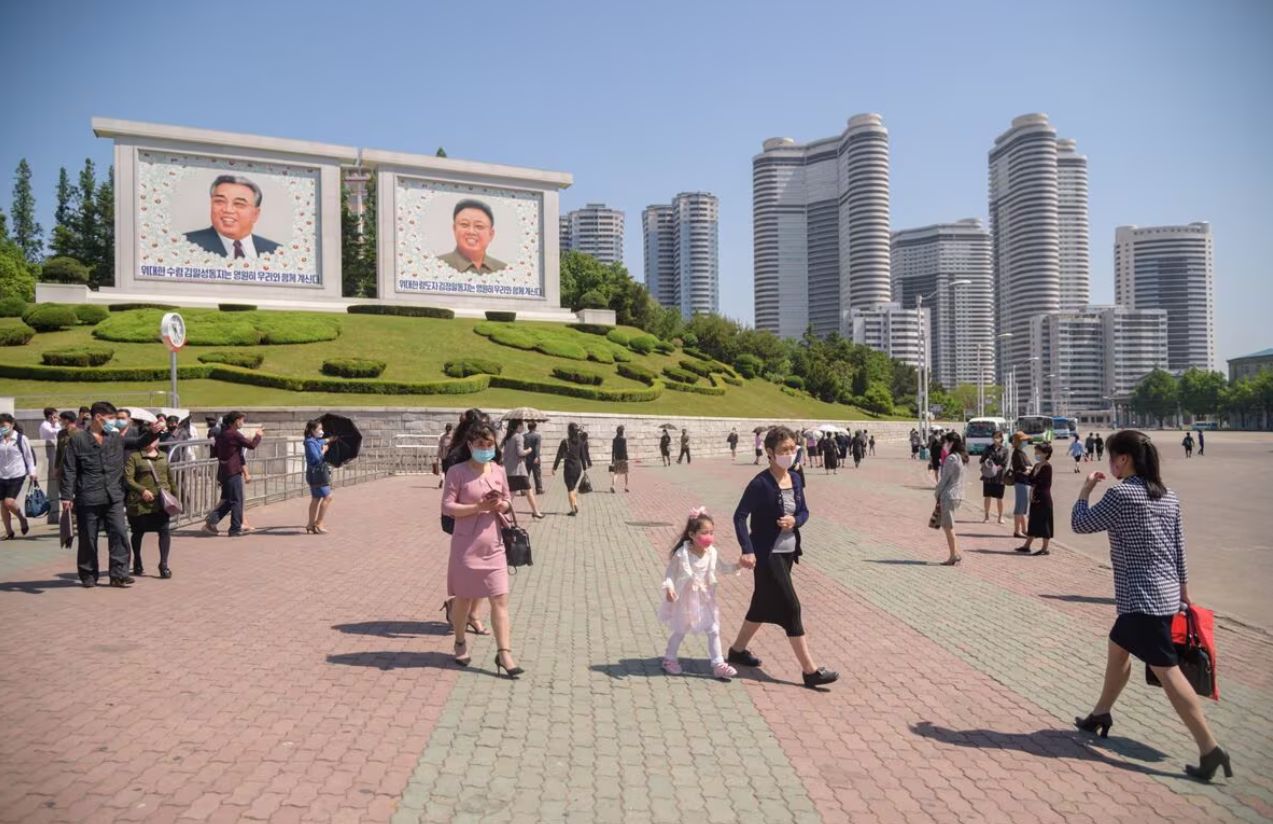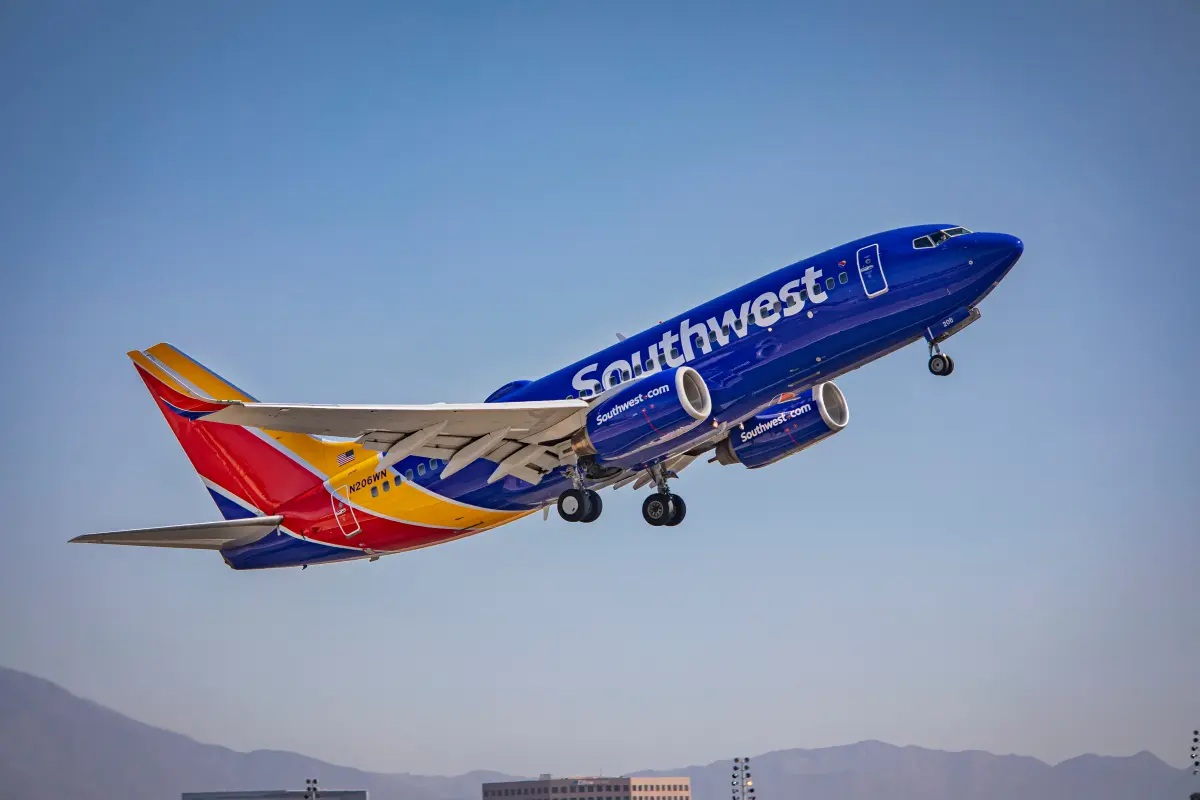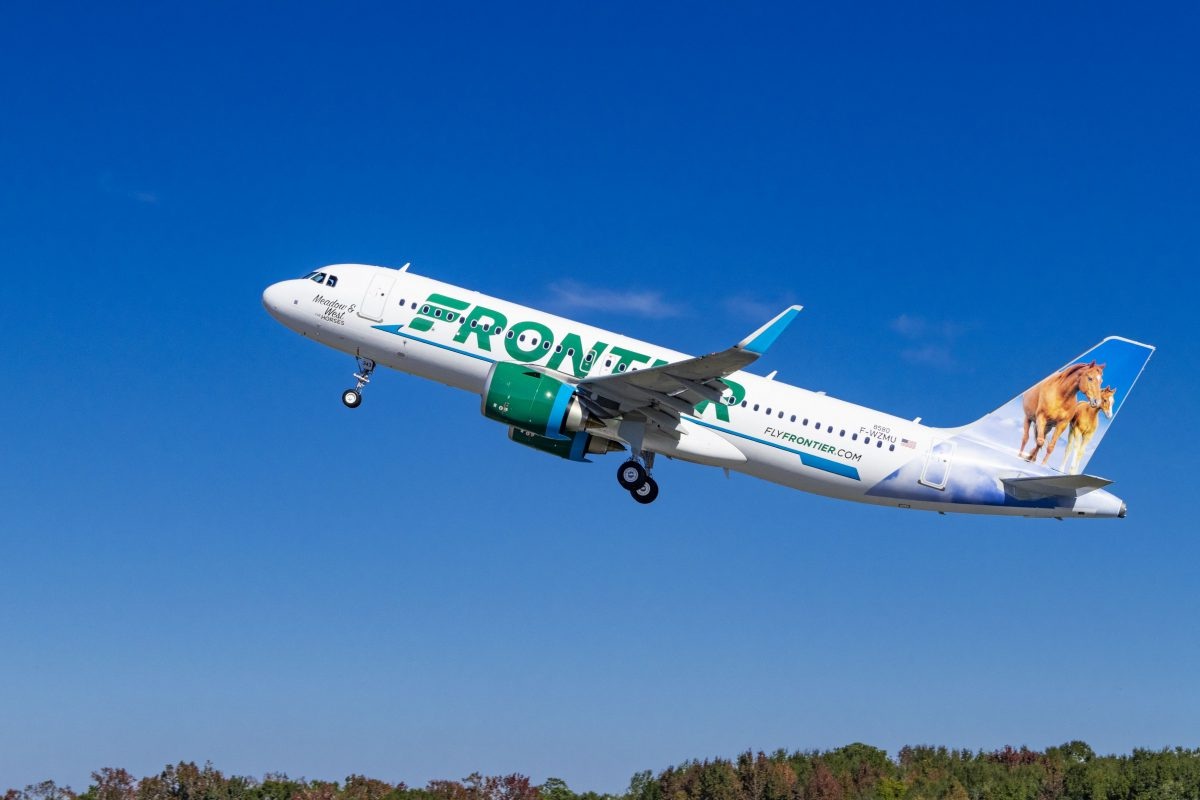After five years of keeping its borders virtually closed, North Korea, the world’s most secretive country, has begun reopening to foreign tourism. For now, access remains highly restricted, allowing entry only to a small number of visitors and exclusively to Rason, a special economic zone in the northeast, near the borders with China and Russia.
Since early 2020, the North Korean regime had sealed its borders due to the COVID-19 pandemic, enforcing extreme measures, including orders to shoot on sight at any movement along the border. During this time, the country remained completely isolated from the outside world.
The first to return were members of tourism agency delegations invited by the government to assess the situation. Among them was Rowan Beard, a 37-year-old Australian and co-founder of Young Pioneer Tours, a company specializing in trips to North Korea. Beard claims to be the first Western non-Russian tourist to visit the country in five years, as since early 2024, Russia, a key ally of Pyongyang, has allowed its citizens to enter.
“It’s been incredible to come back,” Beard says from Seoul. “We need to revive tourism and encourage more foreigners to visit and interact with North Koreans.”
Beard crossed the border from China on February 13 and left the country last Monday. Having traveled to North Korea over 100 times since 2013, he believes that the country’s secrecy and isolation are part of its unique tourist appeal. During his five-day stay, he took part in “business meetings” to help restart tourism and visited schools, beer and soju factories, hotels, and propaganda sites.
Before the shutdown in 2019, North Korea welcomed approximately 300,000 foreign tourists, 90% of whom were Chinese. This industry reportedly generated up to $150 million in revenue. However, after the country went into isolation, it did not acknowledge its first COVID-19 outbreak until two and a half years into the pandemic, raising serious concerns about its fragile healthcare system. At that time, there was no evidence that any of its 28 million citizens had been vaccinated. A day after officially recognizing the virus, North Korea reported its first COVID-19 death, though just three months later, state media declared “victory” over the pandemic.
The official reopening to foreign tourism took place in January 2024. Following Beard’s visit, his agency successfully sent the first group of tourists to North Korea this Thursday, with travelers from Singapore, Australia, Germany, and Romania, among other countries. The five-day packages cost €645 and have generated significant interest.
However, the combination of pandemic isolation and previous restrictions has taken a toll on the country. A report by Human Rights Watch published a year ago stated that repression, combined with trade restrictions imposed by China and North Korea between 2017 and 2023, has left the country almost completely cut off from the rest of the world, halting most cross-border movements, trade, and humanitarian aid. The report warns that a combination of factors—government abuses and increased UN sanctions over North Korea’s nuclear program—has led to a “catastrophic humanitarian situation” with no end in sight.



















